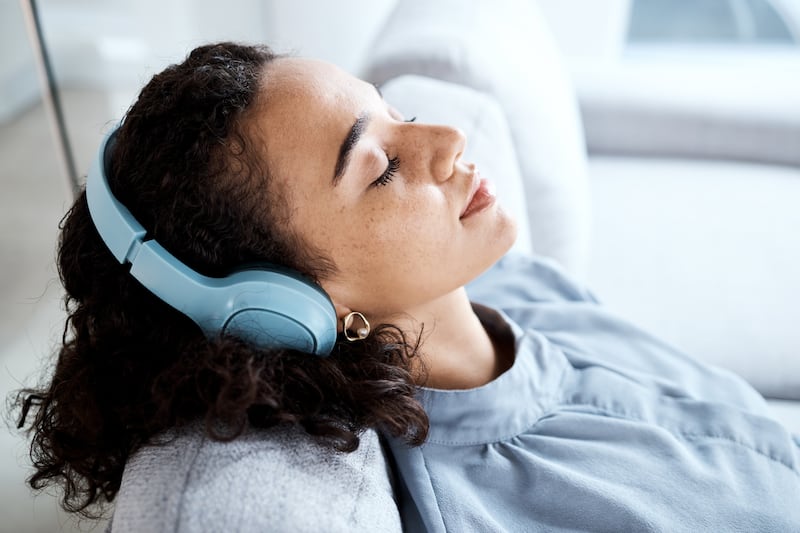Everyone loves sad music. R.E.M’s “Everybody Hurts” has 384 million listens on Spotify, Taylor Swift’s 10-minute version of “All Too Well” has 669 million and Adele’s “Someone Like You” has a whopping 1.7 billion listens.
Frontiers in Pain Research led a recent study into whether music is capable of reducing physical pain. Researchers found that sad and bittersweet songs like “Someone Like You” by Adele were the most effective pain relievers.
How was the study conducted?
The study observed 63 participants with the mean age of 21.3. Participants were asked to stare at a dot in the middle of a monitor while being subjected to a range of “thermal stimulations” during four 7-minute blocks. During the first, participants listened to two of their favorite songs, the second, “relaxing instrumental tracks,” the third, “scrambled versions of the favorite and relaxing music,” and the final, silence.
Thermal stimulation began 35 seconds into each block, and participants were given 15 seconds to rate their pain while the music played. After each track, test subjects were asked to rate how much they enjoyed the music, their “emotional arousal” and “the number of chills they experienced.”
Scientists also conducted interviews asking the following three open-ended questions:
1. “Why is this your favorite song, or why did you choose to bring this song? What do you like most about it?”
2. “What thoughts, feelings, or images do you experience when you listen to this song?”
3. “When do you listen to this song, or when do you find yourself wanting to listen to it?”
What were the results?
Participants felt significantly less pain listening to self-selected songs than when listening to relaxing tracks, scrambled tracks and silence. Scrambled tracks and silence had the same effect, and though relaxing music did alleviate pain, it was less than favorite music.
Based on information from the interviews and analysis on the songs themselves, participants’ favorite songs fell under four categories: “moving/bittersweet, calming/relaxing, happy/cheerful, and energizing/activating.” Moving and bittersweet music reduced more pain and gave more “musical chills” than any other kind of music.
What are people saying?
Lead study author Darius Valevicius said, “It’s a very cool result. I think it’s something that myself and probably many people intuitively pick up on why we listen to bittersweet, melancholic or even spiritual music,” CNN reported.
Professor of biomedical and molecular sciences at Queen’s University Patrick Stroman also commented on music’s influence on the brain. He said, “When people are listening to music they enjoy, by our measurements it can reduce the pain that we’re feeling by 10%,”
Others have theorized that melancholy music helps people cope by feeling connected to groups of people have have been through similar things. Author James Baldwin wrote, “The things that tormented me most were the very things that connected me with all the people who were alive, who had ever been alive,” per The Conversation.
While music does help listeners empathize, this theory suggests that there is something more subconscious and chemical behind why melancholy music decreases peoples’ pain.


